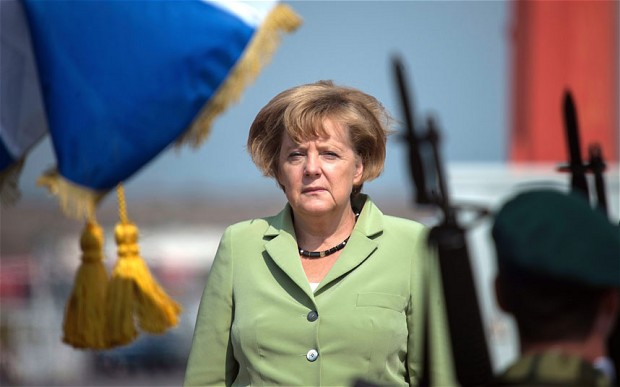Reuters | June 13, 2012 | 07:01 AM EDT
Greeks pulled their cash out of the banks and stocked up with food ahead of a cliffhanger election on Sunday that many fear will result in the country being forced out of the euro.
Bankers said up to 800 million euros ($1 billion) were leaving major banks daily and retailers said some of the money was being used to buy pasta and canned goods, as fears of returning to the drachma were fanned by rumors that a radical leftist leader may win the election.
The last published opinion polls showed the conservative New Democracy party, which backs the 130 billion euro ($160 billion) bailout that is keeping Greece afloat, running neck and neck with the leftist Syriza party, which wants to cancel the rescue deal.
As the election approaches, publishing polls is now legally banned and in the ensuing information vacuum, party officials have been leaking contradictory “secret polls”.
On Tuesday, one rumor making the rounds was that Syriza was leading by a wide margin.
“This is nonsense,” one reputable Greek pollster said on condition of anonymity. “Our polls show the picture has not changed much since the last polls were published. Parties may be leaking these numbers on purpose to boost their standing.”
via CNBC

